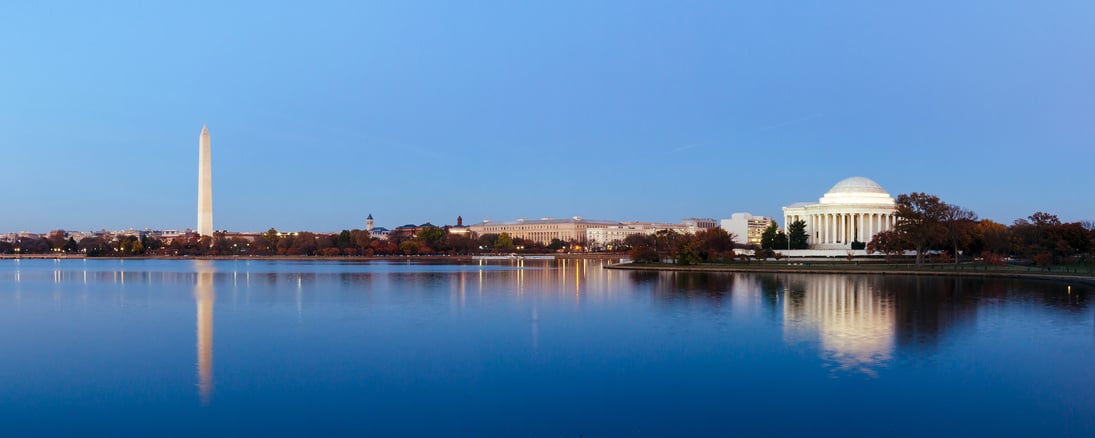In brief This is an update of the draft regulations in Vietnam affecting e-commerce platforms (the scope of which now covers foreign traders and organizations conducting e-commerce activities in Vietnam). Obligations include qualifying platforms being required to set up a representative office or appoint a legal representative, consumer protection/product quality…
Shelter-in-place or stay-at-home orders have been prevalent throughout the United States since March 2020 as state and local…
As TMT businesses plan for 2021 they are building on the opportunities and challenges arising from 2020. Many…
ITC Team: Number One in IT, Internet and Data Protection – Chambers Global & Legal 500 2020 We assist you in contractual, regulatory and litigation matters, in your innovative, complex and often international projects, digital transformation, electronic communication, personal data and cybersecurity. Our team offers you a series of tips…
The Constitutional Court recently issued a judgment rejecting a request to include Over the Top (OTT) services under the scope of Law No. 32 of 2002 on Broadcasting as amended by Law No. 11 of 2020 on Job Creation (“Broadcasting Law”). The judgment saves OTT services operators from licensing and censorship requirements under the Broadcasting Law. If the court had granted the request, OTT services operators would have needed to be licensed as broadcasting institutions and be subject to censorship by the movie censorship board. The judgment confirms that OTT services are not subject to the Broadcasting Law and remain subject to Law No 19 of 2016 on Amendment of Law No. 11 of 2008 on Electronic Information and/or Transaction (“EIT Law”).
The Constitutional Court’s judgment is final, binding, and not subject to appeal.
The judgment was rendered following an application for constitutional review of the above provision by two conventional broadcasting operators who perceived that there is unequal treatment against them and OTT service operators.
Even though the term “cosmeceutical” is not new from the global market perspective, such products are considered relatively new from the Thai legal perspective. The Thai Food and Drug Administration (FDA) has been working on finding a new product category for herbal-based/herbal-related products with health claims for quite some time and has recently introduced the Herbal Product Act B.E. 2562 (HPA). The HPA will, generally speaking, regulate and manage the herbal drugs and herbal products which cosmeceutical is part of.
On December 17, 2020, the US Department of Energy (“DOE”) issued a “Prohibition Order Securing Critical Defense Facilities“ (the “Prohibition Order”) pursuant to authority granted to the Secretary of Energy by Executive Order 13920 (the “BPS EO“). As of January 16, 2021, the Prohibition Order prohibits certain electric utilities that…
On December 17, 2020, the US Department of Energy (“DOE”) issued a “Prohibition Order Securing Critical Defense Facilities“…
On 31 December 2020, the UK’s Brexit transition period with the EU ended, and the UK became a…
Countries around the globe are facing unprecedented and rapid change due to the COVID-19 pandemic. The Government Intervention Schemes Guide provides a summary of key government intervention measures across jurisdictions around the globe in relation to: Foreign Investment Restrictions Debt Equity Taxation EU State Aid Approvals (where relevant) READ REPORT We will…


